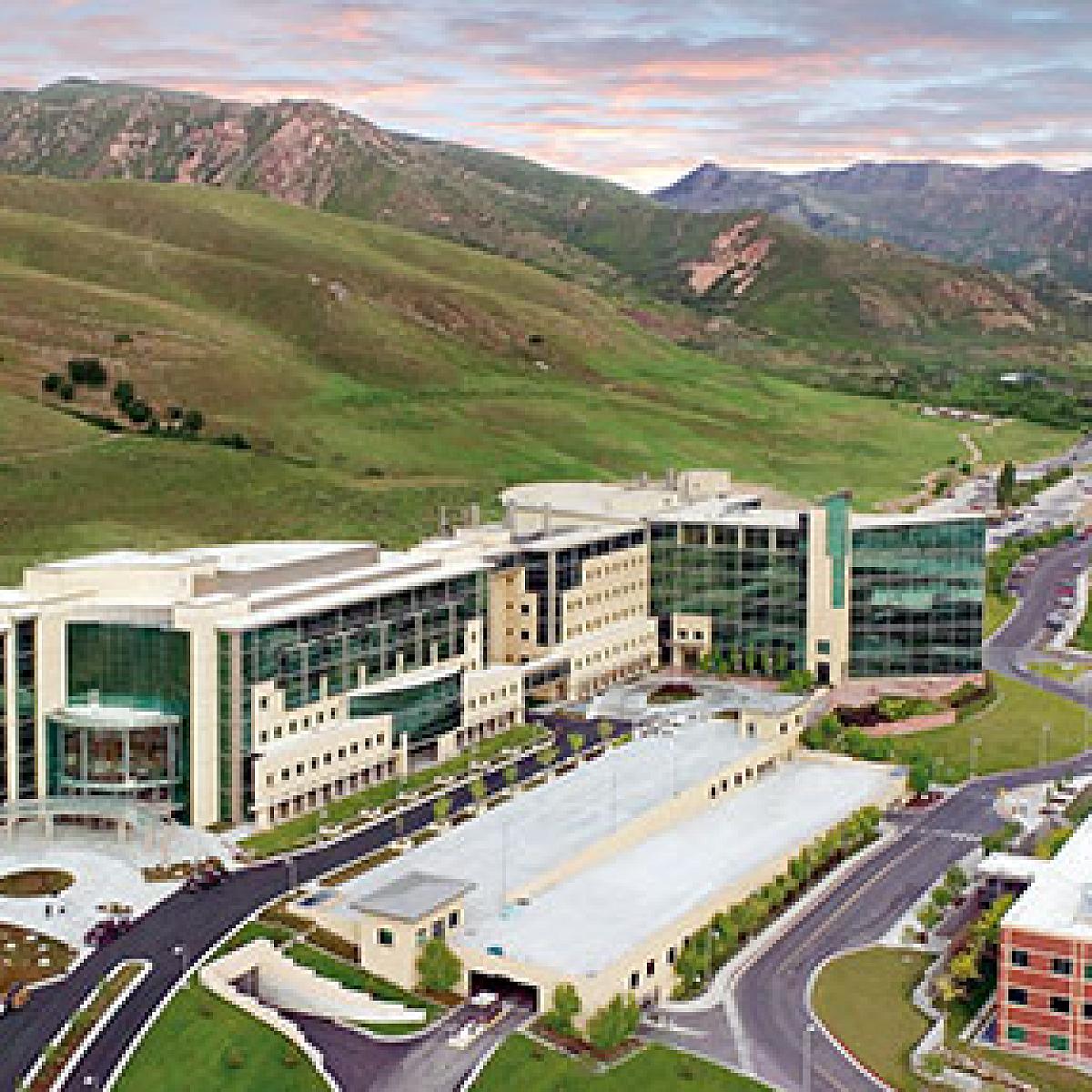
Women's Health Equity (WHE) Fellowship
We endorse the University’s statement of commitment to a compassionate, belonging, and just society. Our fellowship and department are committed to creating a community and advocates for academic success and belonging for students across all individual identities and experiences among our underserved populations.
Fellowship Application Process for July 2025 Start Date Open
Accepting applications on a rolling basis, until filled.
If you have any questions about the application cycle, please contact Alison Goldsmith at alison.goldsmith@hsc.utah.edu.
Fellowship Overview
The Women’s Health Equity (WHE) Fellowship is designed as a two-year post-residency clinical fellowship. WHE Fellows will work and learn in multi background low-resource settings with University partners in Kigali, Rwanda, as well as Fort Defiance, Arizona. Fellows will receive training in clinical care, research conduct and interpretation, and cultural, ethical and health systems concepts related to working in low-resource settings in the US and globally.
At the completion of the WHE, Fellows will have the capacity to:
- Provide clinically excellent obstetrics and gynecology healthcare in low-resource settings through collaborative learning and partnerships
- Understand, disseminate, and ultimately develop best practices and innovations for high quality obstetrics and gynecology clinical care and research in low-resource settings


Program Description
The WHE Fellowship is an OB/GYN departmental fellowship within the University of Utah, which aims to address health care for all women in low resource settings. Core competencies in clinical care, research, professionalism and leadership, as well as global health ethics, partnerships and cultural competencies, will provide trainees with a well-rounded and enriching professional and educational experience.
WHE Fellow First Year
The WHE Fellow will spend their first year primarily working at the Tsehootsooi Medical Center, serving the peoples of the Navajo Nation. This will follow a short time spent in Salt Lake City to complete the MSCI Global Health Innovation and Technology program. While on-site, the Fellows will learn from their site mentors and hone their clinical skills.
WHE Fellow Second Year
In their second year, trainees will primarily live and train in Kigali, Rwanda with University partners at the University of Rwanda, Kigali (CHUK). During the second year, the fellow will also spend sometime in Utah, allowing the fellow to receive mentorship and work toward completion of their chosen research project, wherein they will re-apply their clinical knowledge and develop competencies in clinical innovation and quality improvement. During that time in Salt Lake City, the fellow will also function as a general ob/gyn, supervising medical students and residents on labor and delivery and the gynecology inpatient service.
Two-Year Fellowship Completions
By the end of two-year fellowship, trainees will have completed the following:
- Master of Science in Clinical Investigation (MSCI)
- Community Based Participatory Research training
- Coursework with the Center for American Indian Health
- Cultural Competency Certificate Program
- Rwandan Cultural Awareness Training
